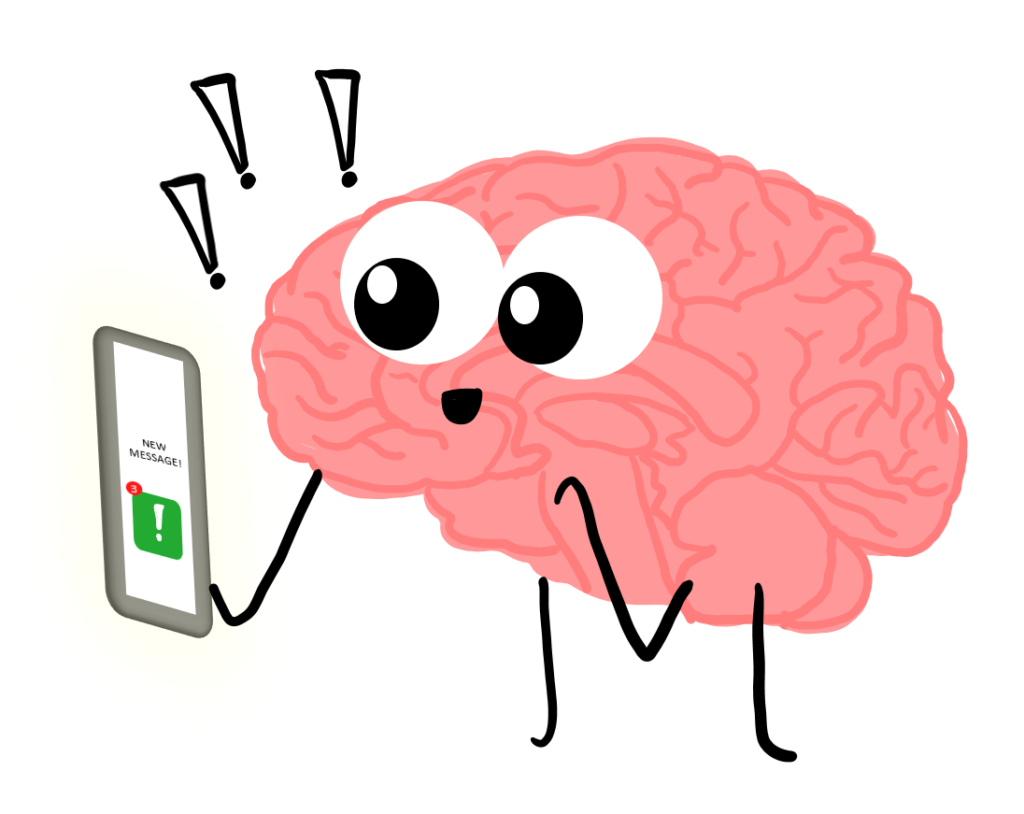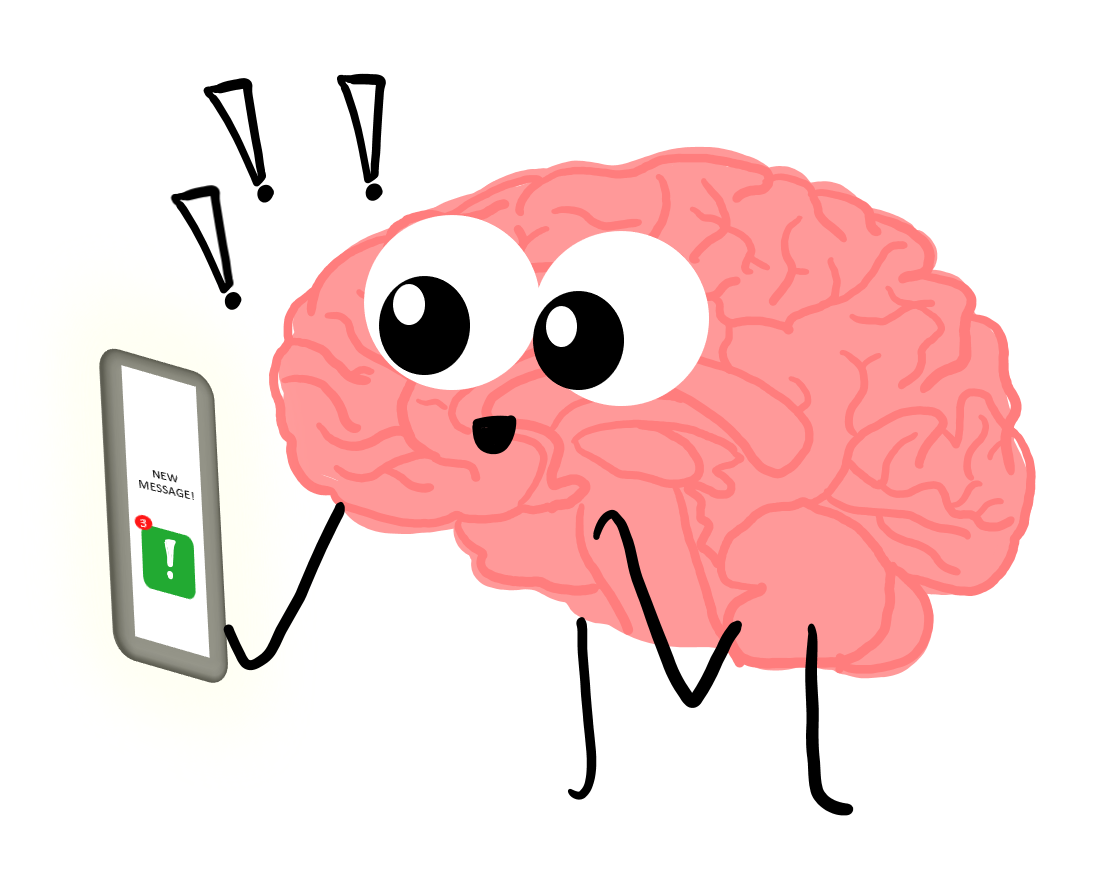
In the current digital era, the majority of us spend a lot of time standing still scrolling through our phones. However, did you realize that these behaviors may have an impact on our brain? This subject will discuss the potential harm that looking at phone displays and sitting for hours may do for our brains and the need of being aware of these impacts.
Is The World Getting More Stressed?
Yes, there does appear to be more tension in the world. today pressure comes from a variety of sources for a lot of individuals, including job, social media, and world events. Furthermore, anxiety and stress levels have dramatically grown globally as a result of the COVID-19 epidemic. Although stress is a natural part of life, there are also many of things going on in the modern world that are causing stress levels to noticeably rise.
What Are the Signs of Being Burnt Out?
Burnout is an emotion of chronic fatigue caused on by regular strain on the body, mind, and emotions. These are typical signs of burnout:
Physical Symptoms: Constantly feeling worn out head often, pain in muscles, and changes to food and sleep routines.
Emotional Symptoms: having a negative perspective on daily life, feeling distant or alone, and feeling uncomfortable or confused about oneself.
Mental Symptoms: Inability to focus, forgetfulness, and decreased output.
Behavioral Changes: Putting off tasks, withdrawing from others, putting things off, or turning to drugs, alcohol, or food as a coping mechanism.
Cynicism and Detachment: a sense of disillusionment, a growing cynicism about one’s job or personal life, and a detachment from people or tasks.
Work Addiction & Burnout Linked
Stress and career addiction are strongly related. When someone has a job addiction, people frequently work excessively and obsessively, putting their private affairs or rest last. Burn may ensue from this ongoing overwork, resulting in long-term stress. This intense tiredness, emotional weariness, and decreased productivity that follow burnout subsequently exacerbate the job addiction. Basically, stress is the outcome of working too much without taking appropriate breaks or caring for oneself, and job addiction plays a significant role in this process.
Toxic Resilience
The term “toxic resilience” describes the negative consequences of placing too much focus on toughness and stress tolerance at the expense of one’s own needs and limitations. Resilience is sometimes defined as the capacity to overcome adversity; toxic resilience, on the other hand, is the result of someone feeling pressured to continuously push through difficulties without asking for assistance or taking pauses. Serious problems with one’s physical and mental health, such as burnout, ongoing stress, and emotional weariness, may result from this. Toxic resilience, to put it briefly, is the practice of forgoing self-care in the sake of toughness, which eventually does more harm than good.
The 5 Resets to Deal with Stress
Physical Reset: Move your body by doing yoga, working out, or just going for a stroll. Engaging in physical activity enhances mood, eases stress, and advances general wellbeing.
Mental Reset: To relax or relieve tension, practice meditation, mindfulness, or deep breathing techniques. It might be beneficial to remove brain confusion and encourage mental clarity to take holidays from technology and focus on the here and now.
Emotional Reset: Make connections with those you love, discuss your emotions, and ask for help when you need it. Managing stress benefits greatly from the affirmation, solace, and sense of community that come from sharing feelings with others.
Social Reset: Make time for supporting friends and family and create important connections. Social bonds give chances for relaxation and laughter as well as a sense of belonging and a reduction in emotions of loneliness.
Environmental Reset: Establish a tranquil, well-organized space that encourages rest and lowers stress levels. This may include clearing off clutter, adding calming accents like plants or aromatherapy, and reducing your exposure to stressful environments like loud noises or busy areas.
Understanding If You Have Stress
In your personal health, it helps to understand when you are under stress. In addition to emotional indicators like impatience, worry, or a sense of being stressed out, stress can also cause physical symptoms like discomfort, tense muscles, and exhaustion. A frequent cognitive sign is trouble focusing or rushing thoughts. Since anxiety also affects these things, pay close attention to any changes in your eating or sleep schedule. To properly manage stress, you must first be aware of the signs and accept your emotions. Consulting with friends, relatives, or medical experts can be good if you observe that these symptoms are continuing.





